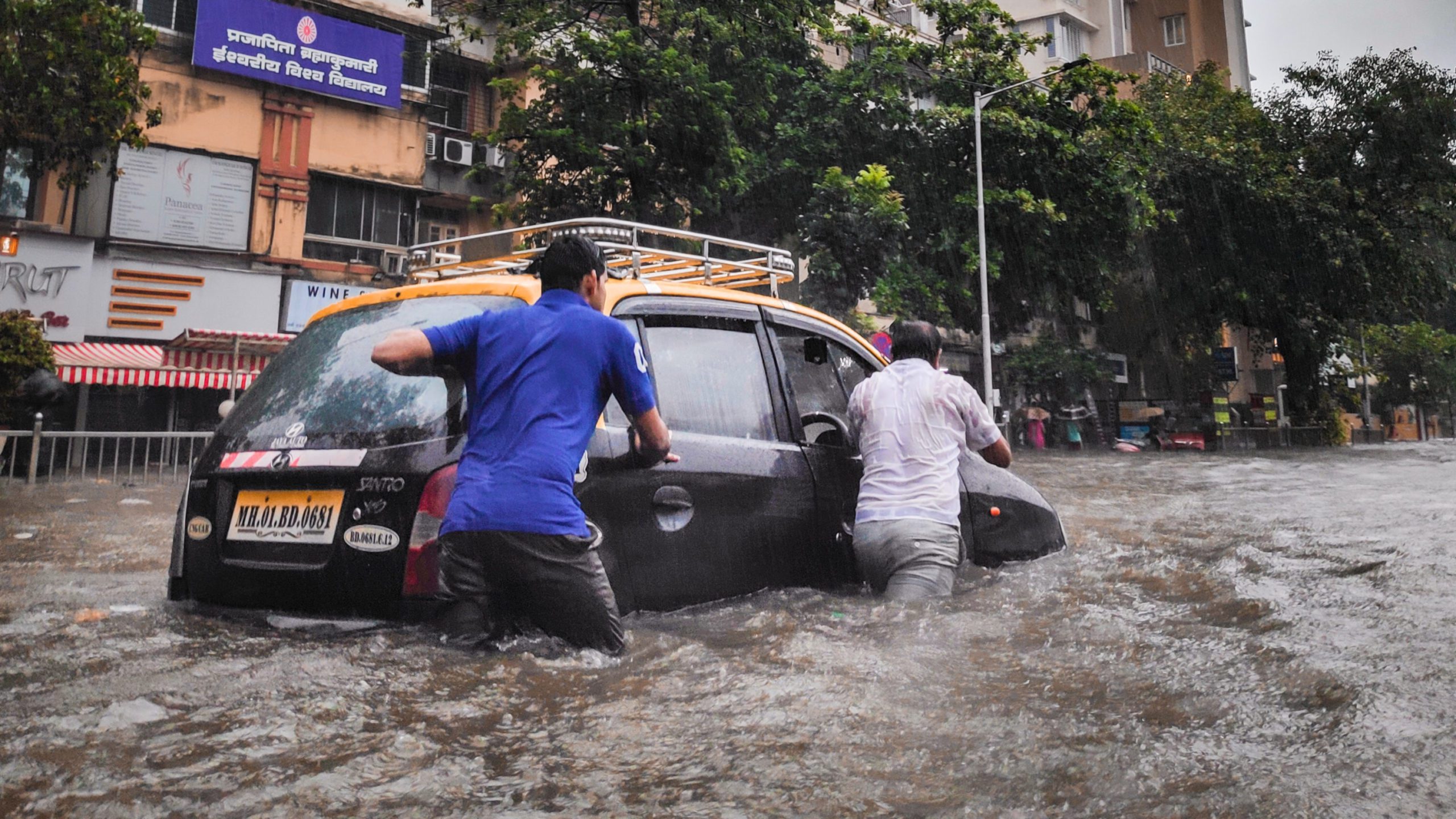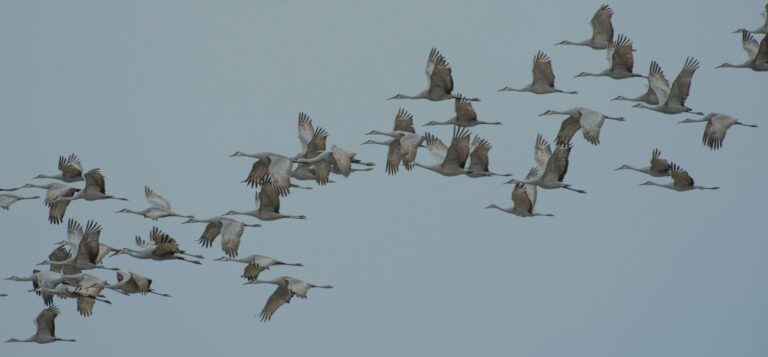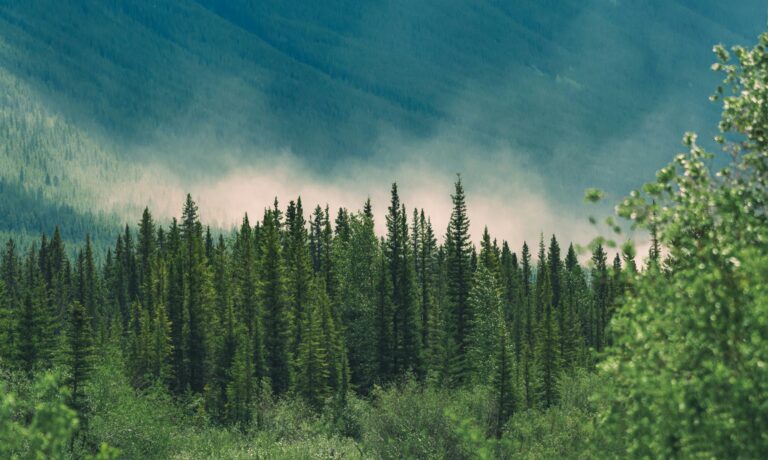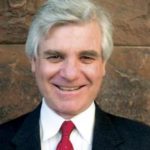Yohyoh: COP26 began on October 31st and will go until November 12th. Can you briefly describe what COP is and why it matters? What is the significance of this conference in relation to the Paris Climate Agreement?
Lou: COP is an abbreviation for the Conference of Parties, so it’s a meeting of the countries of the world. This is the 26th COP because it’s linked to the original treaty enacted to fight climate change in the early 1990s. This is the fifth of these meetings since the Paris Agreement was reached.
Why does it matter that we have these annual meetings? Because as we all know, climate change is a global collective action problem. We need to have a place where everybody comes to the table, and countries can put pressure on each other.
Another reason why it’s really important is it takes countries that otherwise would have relatively little political influence—some of the small island nations, or the nations of the African continent, who are really on the front lines of climate action—and it puts them at the same table with the United States, Europe, China, India, and Brazil. It gives these countries a voice and allows them to put pressure on other countries to act.
What awakens your heart? Find
your action there.
Yohyoh: Turning towards the perspective of an individual citizen, COP26 can seem very far away from daily life. A lot of countries, particularly high-emitting countries, have failed to meet their nationally determined contributions as laid out in the Paris Accords. How can a non-political actor engage with COP26, which can feel very distant and even disheartening?
Lou: One of the core teachings that I take from my Dharma practice is that all things are connected. COP is the way the international political system reflects that interconnection, the Dharma helps me see COP26 as not as distant as it might otherwise feel. Glasgow isn’t as distant as we might think in that it is driving what’s been happening in Washington for the last number of months. And then, what happens in Washington is driven greatly by what happens in our communities. The distance starts to close as we look at interconnection and we understand how these systems actually work.
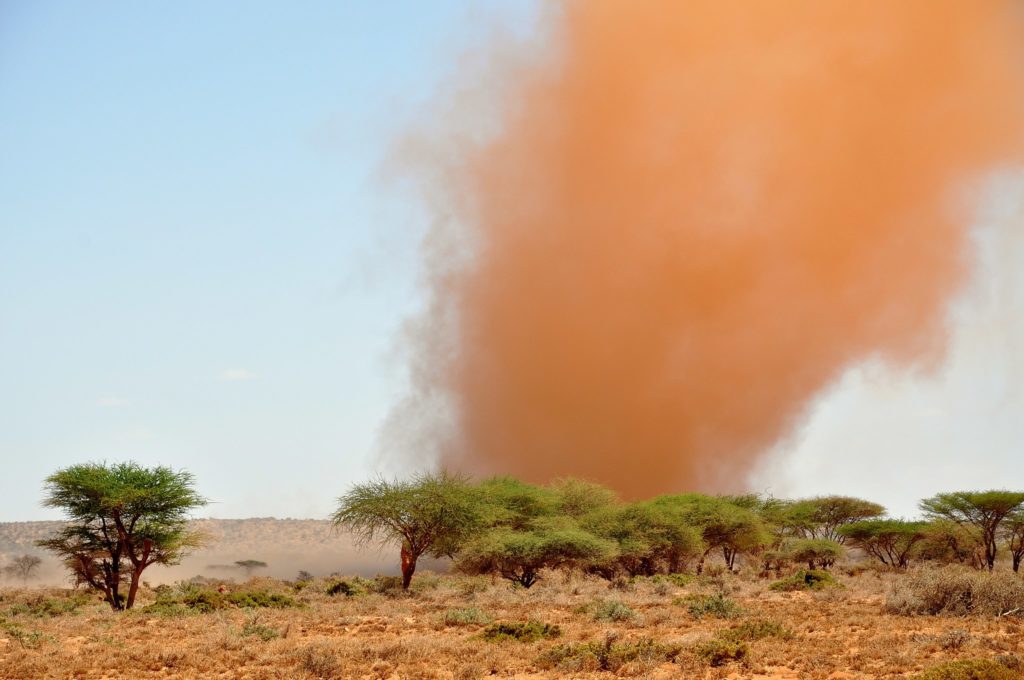
Disheartening is an interesting word, because it is pointing more to heartbreak than disheartening. I think when you’re feeling disheartened it’s because you care, so disheartenment is actually a reflection of the heart being engaged. It shows that our heart is breaking about something that it should be breaking about. I think what the Dharma then teaches us is how to stay with that heartbreak, to understand it more deeply and ensure that we don’t disconnect.
Yohyoh: Traditionally, climate activism looks like protesting or calling your representatives or signing petitions. But there are many other ways of engaging very lovingly with climate action in a way that’s specific to the individual and what the heart is feeling connected to. What are some other concrete examples of activism that involves engaging your heart?
Lou: In moments like this, the spotlight is in a place that’s geographically far from most people. That can create a sense of distance. What it also can create is a sense of, “I can’t have an influence that matters.”
Stop with the mental gymnastics of trying to figure out why you don’t matter in this cause. Just do your part. Find what resonates with you. What awakens your heart? Find your action there. That could be anything around local creative community building. Maybe you have an entrepreneurial spirit and you have an idea for a new way of connecting with people across space around these issues. For others, maybe it’s on a smaller scale, engaging with your neighbors and within your community governance. It could be quiet conversations with your family and relatives.
Cultivating those practices, the brahmaviharas, brings together wisdom and a sense of okayness that comes with accepting what is, while still leaning towards what needs to be.
Within those things that you want to do, push yourself a little further than might otherwise feel comfortable, because that’s what it’s going to take for us collectively to push. We want countries to put a stronger target on the table in Glasgow or on climate. Well, we have to do some of that too. I think that’s what’s asked of us rather than a particular flavor of action or activism.
Yohyoh: For you specifically, what connections do you see between your own engagement on climate policy and your dharma practice?
Lou: I find that the Dharma helps most in cultivating my heart. Cultivating these qualities that are less about breaking things down into smaller pieces and are more about filling myself up and having more opportunities to connect with everything that’s in the world, whether it be other people or the natural world. I think cultivating those practices, the brahmaviharas, brings together wisdom and a sense of okayness that comes with accepting what is, while still leaning towards what needs to be.
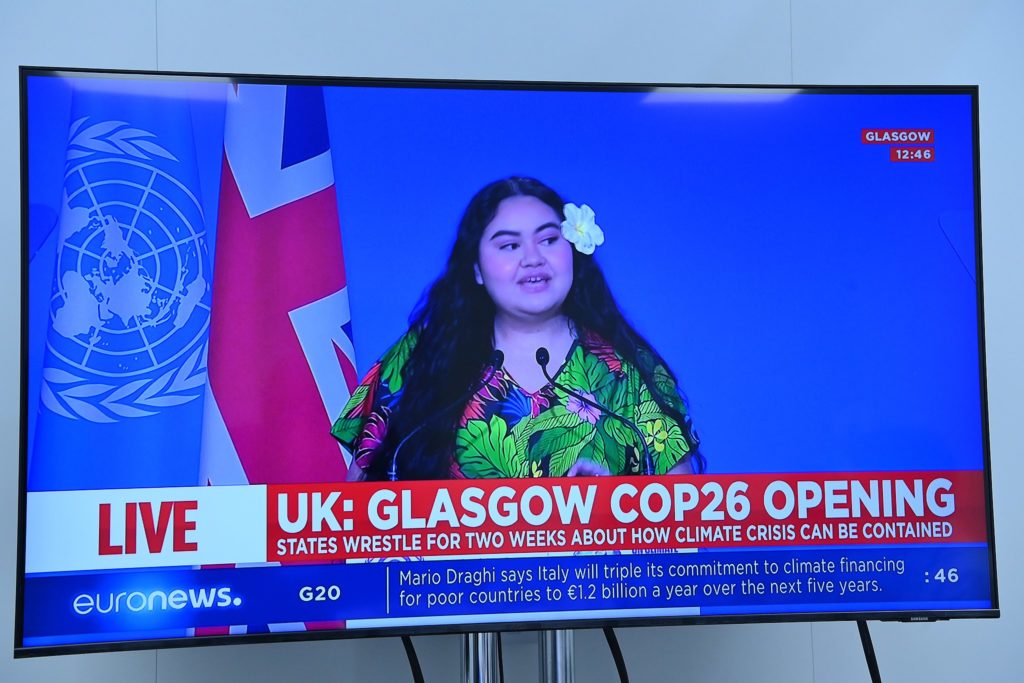
I get to spend a lot of time outside here in Pittsburgh. So I get to be on the land. I get to be involved in growing food and seeing how to nurture the land back to life. And I think that those provide opportunities for me to practice good Dharma and practice letting trees and dirt and flowers do their work in supporting my heart. I think that those kinds of practices tend to help me.
Yohyoh: In your experience, what about others, like people who you know, who are also heavily involved in climate activism? Can you speak to what you’ve learned from them in terms of their relationship to contemplation and climate activism?
Lou: A lot of people that I’ve met in the movement have some similar challenges that I have had, and continue to have, around getting lost in thinking about your own individual role in a huge collective action problem. I think people do struggle with that within the movement, and it can lead to burnout. It’s led to burnout for me. I think that one thing that I’ve heard though, even from those who are not Dharma practitioners, is how powerful it is to be connected with other people in this work.
One Earth Sangha continues to be really important to me, because I know that community is one of the most powerful things that we have in the face of a set of problems that are this big.
That’s a form of Sangha. We know this, right? We know that with problems this big, being connected to others can really help manage your own distress. I think that’s why even in moments like COP, you can be in solidarity with civil society from across the world, trying to have an impact on these moments, even when the outcomes of those political processes don’t produce everything that you wanted. There is a regenerative power to being connected with others in this work. You can interconnect and be supported by nature in various ways, but also be connected to each other. That’s why One Earth Sangha continues to be really important to me, because I know that community is one of the most powerful things that we have in the face of a set of problems that are this big.
Yohyoh: Thank you for sharing that. Is there anything else you want to add?
Lou: It really matters to think about and find the connections for yourself between what’s happening in Scotland. It is important for us to pay attention in these moments. The media coverage is a powerful tool if people read the stories, if people try to listen to these small island nations who are at the edge of existence right now. It only matters that the world has a spotlight on Glasgow if we look and really try to understand that connection.
This is the moment where the world comes together to look at this problem and to try to do a better job of responding to it. We’re at that table too. Those of us who live in the United States or other economies that have greater responsibility for what’s happened, this is a moment for us to to think, okay, what are we bringing to that table? What are we going to do a little bit more if we want our government to lean in and do more on the climate crisis?
How are we going to let our heart break a little bit more about this? We’re listening deeply, and it’s actually heartening. We’re feeding our heart’s response, taking some of that back, and using it to open ourselves to the need to do more, whatever that might look like for you. Be as creative as you can. If the heart is really breaking around this, as it is for so many of us, how does that open up possibilities for us to do what we can in ways that we haven’t even imagined before?


